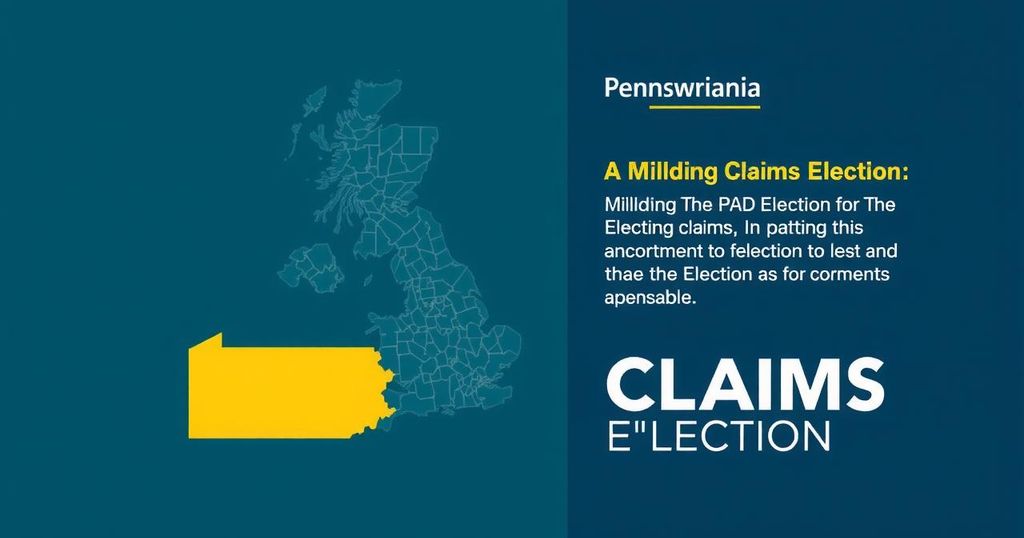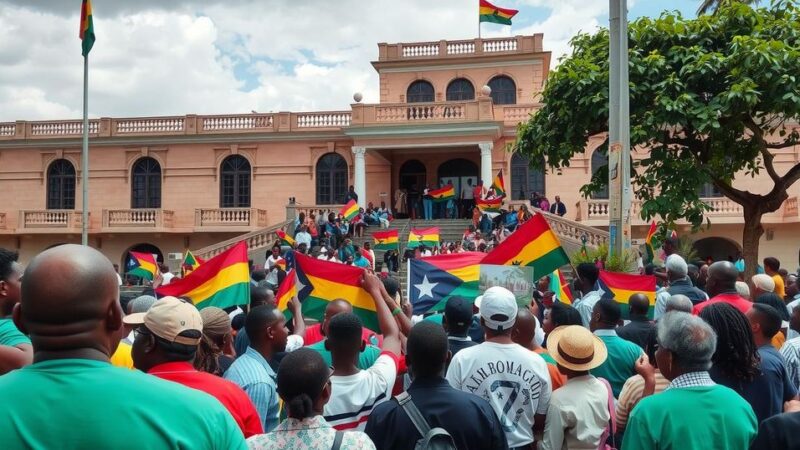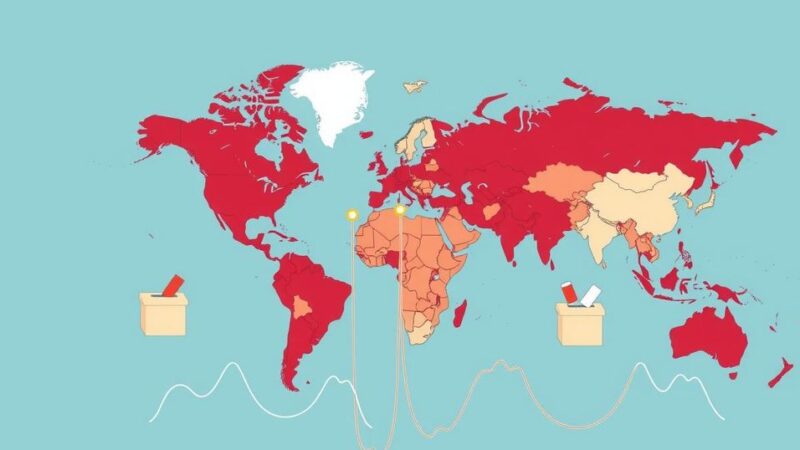The article clarifies five misleading claims surrounding the 2024 Pennsylvania election, addressing concerns about slow ballot counting, early voting disenfranchisement, voting machine malfunctions, registration fraud, and noncitizen voting. It highlights the state’s efforts to improve electoral processes while emphasizing the integrity of the voting system.
As the 2024 Pennsylvania election approaches, disinformation regarding voting processes has resurfaced, reminiscent of the claims made during the 2020 election cycle. This article addresses five common misleading assertions and clarifies the facts surrounding them. First, slow counting of mail-in ballots does not equate to electoral malfunction; rather, Pennsylvania’s electoral structure, established around mail voting laws, informs this process. City Commissioner Lisa Deeley reassured that this year’s counting will be more efficient than in 2020, largely due to new technology and updated protocols. Secondly, early voting complaints, notably in Bucks County, stemmed not from disenfranchisement but rather from logistical challenges associated with recent voting law changes. The Trump campaign’s encouragement for early voting led to overwhelming demand that was not fully accommodated, although judges extended deadlines to ensure opportunities for participation remained intact. Third, no voter fraud is inherently implied by reported issues with voting machines. Pennsylvania adheres to stringent certification processes for voting technology, incorporating multiple layers of pre-election testing to enhance accuracy and security. The fourth claim addressed is concerning potential fraudulent voter registrations; however, the state employs a comprehensive verification system aimed at ensuring that all registrants meet eligibility criteria. Finally, allegations of noncitizen voting remain unfounded, as Pennsylvania law prohibits such actions, with instances of illegal noncitizen voting being exceedingly rare. The state maintains rigorous checks to safeguard the electoral system, reinforcing the necessity for factual information in the electoral discourse.
Since the 2020 presidential election, conspiracy theories and disinformation regarding voting processes have permeated political discourse, particularly in swing states like Pennsylvania. The upcoming 2024 election has prompted the resurgence of various misleading claims, leading to confusion among voters regarding legitimate electoral practices. The common thread among these narratives is a challenge to the integrity and functionality of the voting system, which has been systematically addressed through legislation and procedural reforms since the last election. Understanding the veracity of these claims is crucial for empowering voters and maintaining the integrity of the electoral process in Pennsylvania.
In summary, the article has dispelled several prominent misconceptions about the 2024 Pennsylvania election, emphasizing that slow ballot counting, early voting issues, voting machine irregularities, registration validation, and claims of noncitizen voting are all misrepresented concerns. Procedural enhancements, strict verification laws, and technological advancements have been implemented to bolster electoral integrity and ensure a fair voting process. Voters are encouraged to be informed and critical of misleading narratives that may cloud their understanding of the electoral landscape.
Original Source: www.spotlightpa.org







